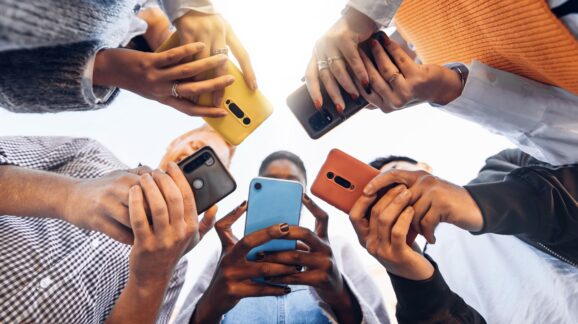TikTok Is A Beacon Of Democracy In The Social Media Landscape
Recent developments in the U.S. House of Representatives have put TikTok, the immensely popular Chinese-owned social media app, in the crosshairs of lawmakers. The House has tied a revised proposal to ban or force the sale of TikTok’s U.S. operations to a massive $95 billion aid package for Ukraine, Israel, and Gaza. If passed, the Wall Street Journal reports the the Senate could vote on the measure as early as next week, potentially fast-tracking the legislation. However, this move to force TikTok’s parent company ByteDance to divest the app or cease operations in the U.S. would be a misguided measure that fails to recognize TikTok’s unique strengths and its potential as a model for more democratic social media.
TikTok has faced scrutiny over its Chinese ownership and content algorithm, with concerns raised about national security as well as the app’s influence on young users. While these concerns warrant discussion, they should not overshadow the platform’s remarkable ability to democratize content creation and distribution. TikTok’s algorithm is particularly effective at surfacing content from a wide range of users, regardless of their follower count or prior popularity.
In contrast, consider the recent changes at Twitter (now rebranded as X) under Elon Musk’s leadership. The platform’s “blue check” system systematically favors paying users, creating a two-tiered system that disadvantages those who can’t or won’t pay for verification. Moreover, X suffers from an incumbent advantage, where users with established followings benefit from a self-reinforcing cycle of visibility and growth, making it harder for new voices to break through.
Read the full article on Forbes.
